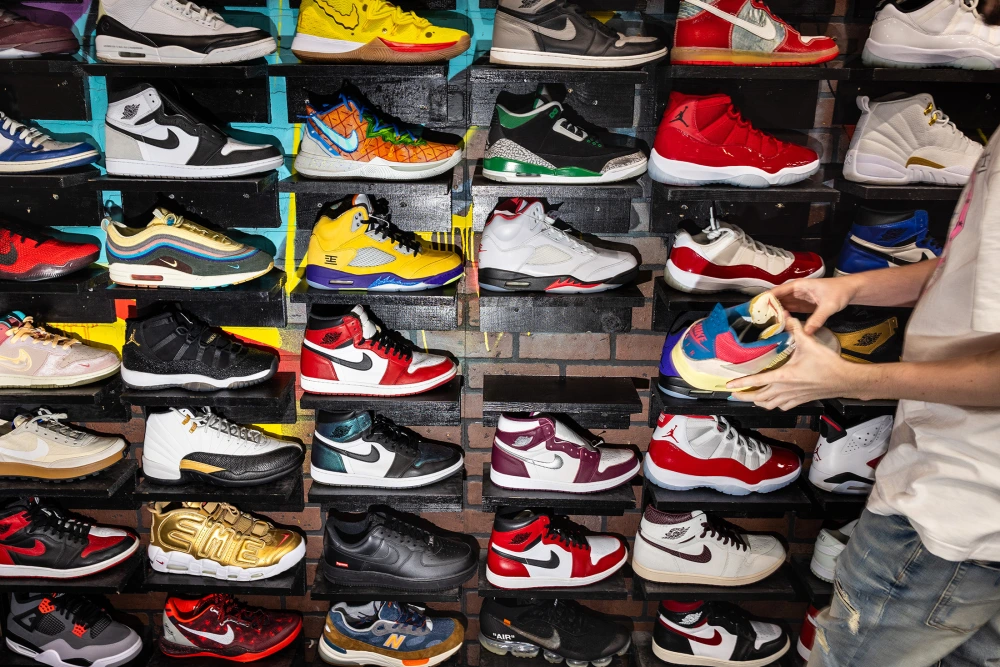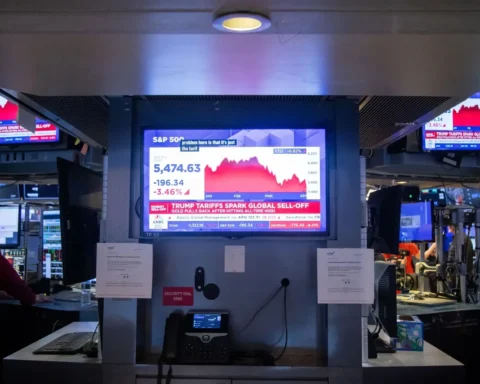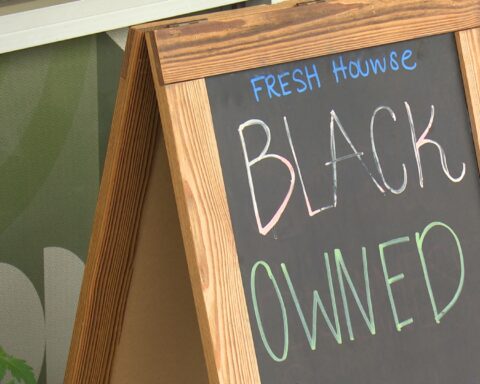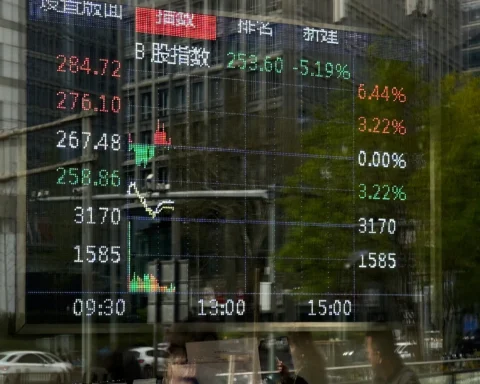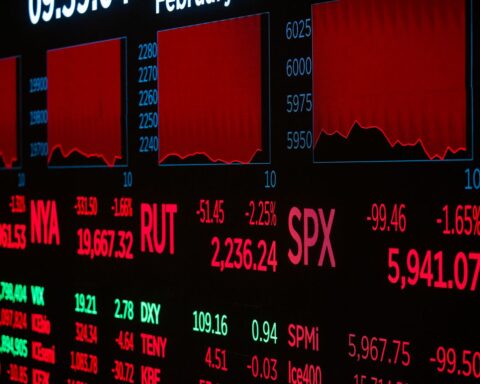Devlin Carter created his luxury sneaker company, SIA Collective, six years ago and built it into a multimillion-dollar brand by providing fashionable, high-quality footwear manufactured mostly in China. But the Trump administration’s tariffs have raised the cost of importing goods from many countries, including China, to the United States.
And Carter is incensed.
“These are ridiculous tariffs that make no sense,” Carter said. “Small businesses like mine have to pay these tariffs, and it’s not a small thing. It’s a lot. So there’s no way to see this as something that’s good — for anybody.”
The sneaker industry is a $70 billion-a-year enterprise. And with almost no sneakers manufactured in America, the latest tariffs Trump has imposed have the industry — and the global economy — reeling, generating a ripple effect that puts the future of many small sneaker companies in jeopardy, Carter said.
“And it’s all unnecessary,” he said.
It’s not just the independent producers like Carter who are figuring out what to do next. Even sneaker behemoth Nike faces challenges, as most of its goods are produced in Vietnam, which was hit with a 46% tariff, and Taiwan, with a 32% tariff on goods sent to the United States.
Economist Peter Schiff said on X last week that it would cost Oregon-based Nike more to build production plants in the United States than it would to pay the tariffs. “The result will be fewer sneakers sold in the U.S. at much higher prices,” he said.
A reporter asked Trump on Monday whether the American public’s “pain threshold” could handle the impact of his tariffs. “I think your question is so stupid,” Trump told the reporter. “I don’t want anything to go down. But sometimes you have to take medicine to fix something.”
The tariffs threaten economic stability in general and especially small-business owners like Carter, who relies heavily on shipments from countries like China, where 90% of his shoes are produced. His shoes go for an average of around $220 a pair, he said.
“Say I pay $100 to have a pair of shoes made in China,” he said. “With the tariffs, that shoe now costs $150 or more [to make]. And it shouldn’t. It’s unnecessary.”
He said multiplying the tariffs by the number of shoes he has manufactured “adds up to a big number. So what do you do? Most pass the difference, the increase, along to the customer. Even if you split the increase, it still can become a burden to the customer, because I know that with all the other stuff he has done — like gutting the federal government — there is consumer fear out there.”
And that fear could result in a decrease in sneaker sales, Carter said. He was able to ship more than $2 million in sneakers before the tariffs were imposed.
“People buy my shoes because they like them, but it’s a luxury item,” he said. “I don’t know how many of my supporters feel like they’re about to lose their job. They could be thinking: ‘I need to put this toward groceries. I think we’re going into a recession, so I’m not spending money.’ If you feel like your job is shaky and the economy is shaky, your way of life is shaky, you go into survival mode. And in survival mode most people don’t spend. And that comes back to hurt the small-business owner.”
Earl West, a confirmed sneakerhead, has collected more than 1,800 pairs of athletic shoes, which he stores in his home near Atlanta. That number is likely to rise much more slowly than in recent years, West said, because of the tariff-induced price increases.
“That pair of $180 sneakers is going to cost me $250 now,” he said. “So I have to be very selective on what I’m going to buy and when, because I can’t afford to spend $250 on a pair of sneakers every other week — as a collector, that’s what we do. We’re not, we’re not buying to sell.”
West mapped out his planned sneaker purchases for each year. The tariffs have upset that schedule.
“In some cases, I’m just going to do without the shoes,” he said. West often purchased in the United Kingdom, Germany and Hong Kong. “But they are all under tariffs, so now my effort in getting that shoe from over there may be severely hampered, because now I’m not going to go to the U.K. or wherever, because it’s going to cost me. Instead of $60 to ship it to me, it’s going to cost me $120 to get it here — plus the cost of the shoe. And that’s just too much.”
Sneaker resellers are taking a hit, too, West said.
“Think about it: As a reseller, you have to buy a $150 shoe at a higher rate than it’s worth. And then you have to sell it even higher to make money,” he said. “That’s going to be a problem.”

